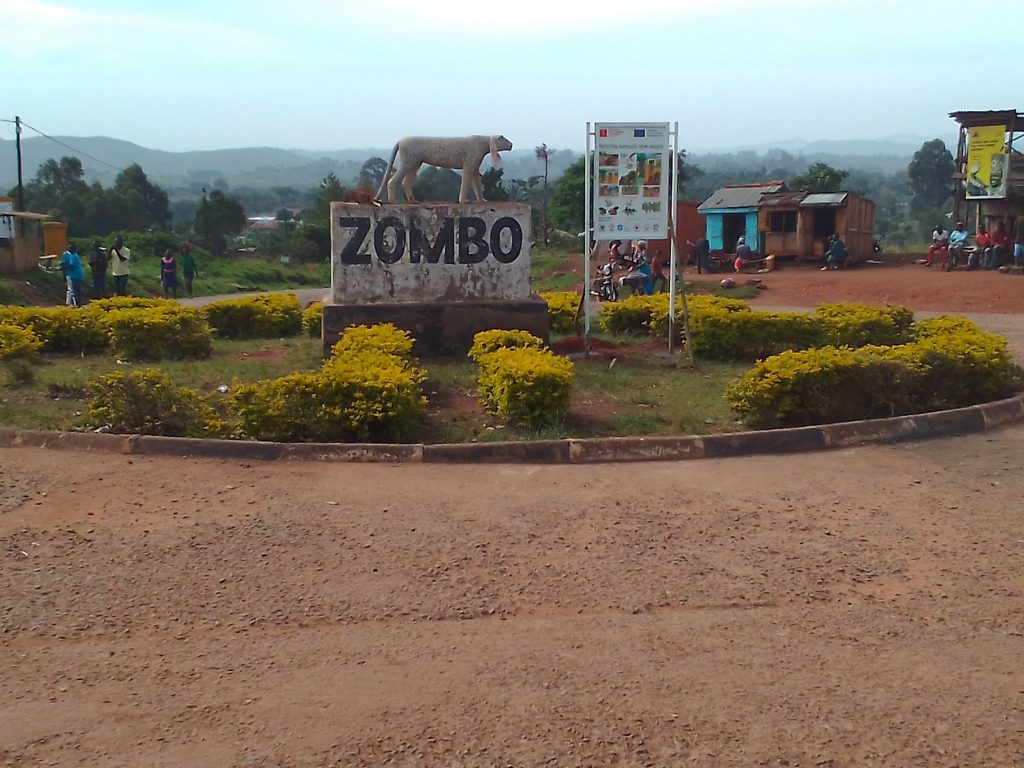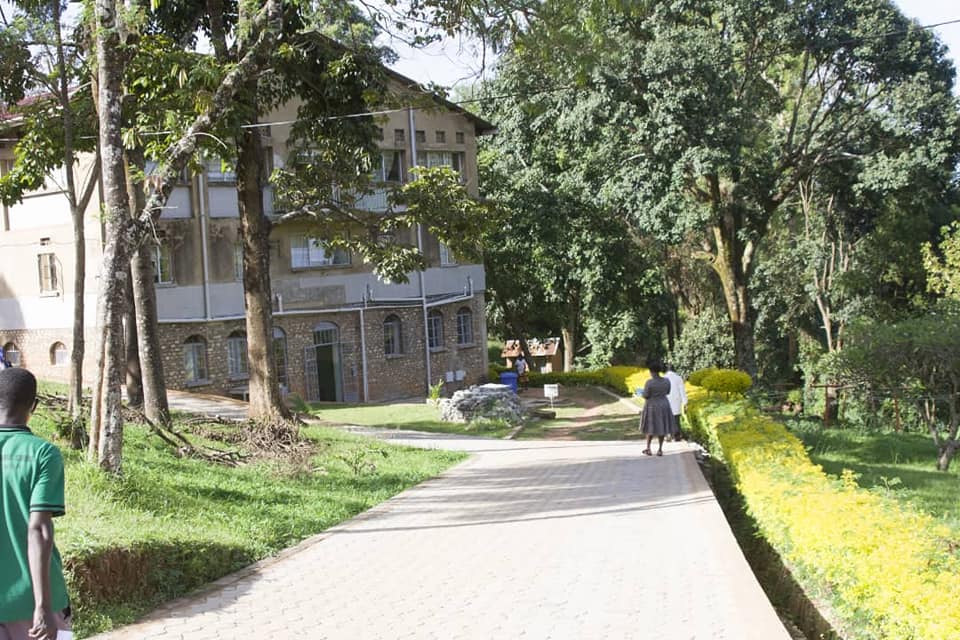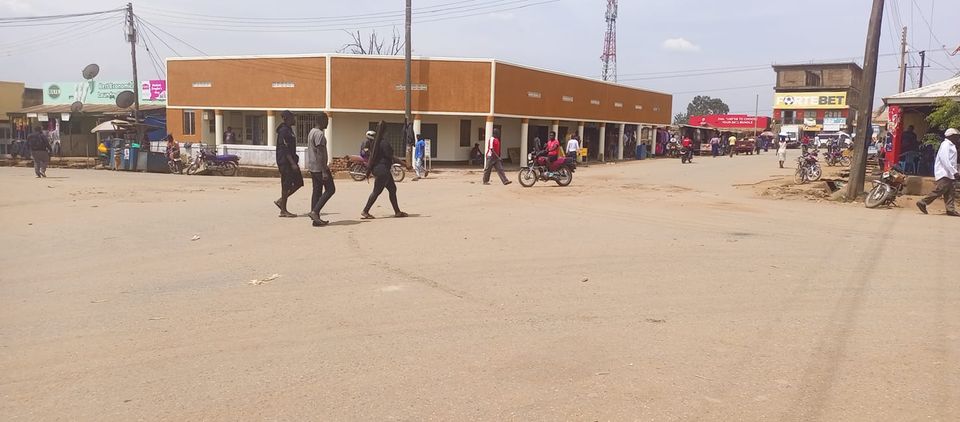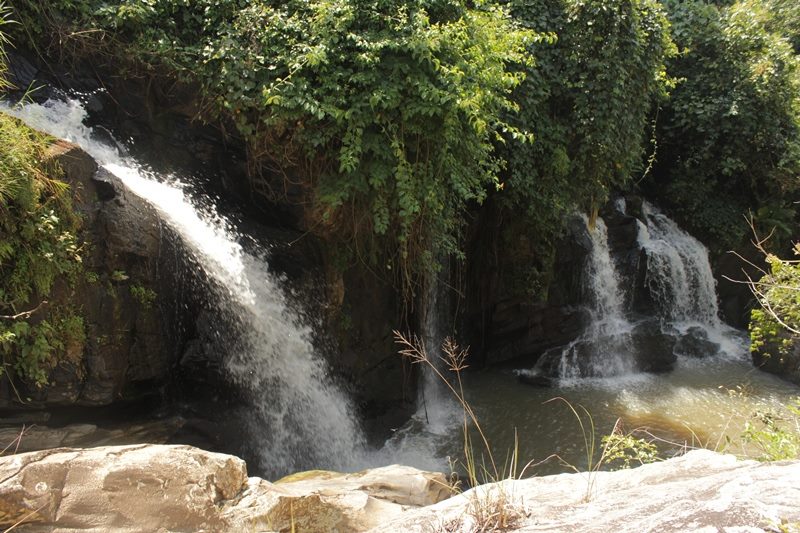Zombo District

Zombo Town
Zombo District came into existence in 2010 when Okoro County was delineated from Nebbi District. The town of Zombo functions as the key center for municipal, administrative, and commercial operations in the district. Find out more about Zombo district, below.
Geography:
- Location: Zombo District shares its northeastern boundary with Arua District, while Nebbi District lies to the southeast. The western boundary is neighboring the Democratic Republic of the Congo, while Madi-Okollo District is located to the east.
- Coordinates: Latitude: 2° 30′ 32.39″ N and Longitude: 30° 54′ 3.59″ E.
- Topography: The district features a combination of rolling hills, plains, and river valleys, with fertile soils conducive to agriculture. Owing to its higher altitude, the district experiences a notably cooler climate.
Demographics:
- Population: As of the latest estimates, Zombo District has approximately 273,100 people.
- Ethnic Composition: The district is predominantly inhabited by the Alur people. Other ethnic groups include the Lendu, Lugbara, and Kakwa.
- Languages: The primary languages spoken are Alur and English, with Swahili and other local languages also in use.
Economy:
- Agriculture: Subsistence agriculture is the backbone of Zombo’s economy. Major crops include cassava, maize, beans, millet, sorghum, groundnuts, and sweet potatoes. Additionally, the district produces cash crops including tobacco, coffee, and tea.
- Livestock Farming: The residents are actively engaged in livestock farming, managing herds of cattle, goats, sheep, and poultry, which are important for both their domestic requirements and trade purposes.
- Trade: Zombo benefits from its strategic location near the Democratic Republic of the Congo, facilitating cross-border trade. The district has several local markets where agricultural products, livestock, and crafts are traded.
- Small-Scale Industries: Small-scale industries, including agro-processing, craft-making, and brick-making, contribute to the local economy. Coffee processing is particularly significant in the district.

Infrastructure:
- Transport: The district has a network of roads connecting it to neighboring districts and significant trade routes. Key roads include those linking Zombo to Arua, Nebbi, and the border with the Democratic Republic of the Congo. However, road conditions can be challenging, especially during the rainy season.
- Utilities:
- Electricity: In many rural areas, access to electricity is constrained, leading to a reliance on solar power and generator systems for energy needs.
- Water Supply: Water is sourced from boreholes, protected springs, and rivers. Efforts are ongoing to improve access to clean water by constructing more boreholes and water supply systems.
- Sanitation: Sanitation facilities are being developed, but there is still a need for improved infrastructure and services in many areas.
Education:
- Schools: Zombo District has numerous primary and secondary schools, both government and privately owned. Key institutions include Zombo Secondary School, Paidha Secondary School, and several vocational training centers.
- Challenges: The education sector is facing challenges such as inadequate infrastructure, a lack of qualified teachers, insufficient learning resources, and elevated dropout rates.
Health:
- Healthcare Facilities: Zombo General Hospital, several Health Centre IIIs and IIs, and private clinics provide health services.
- Challenges: The healthcare system faces issues such as inadequate medical supplies, insufficient health workers, and limited healthcare infrastructure.

Cultural and Social Life:
- Cultural Heritage: The Alur culture is rich in traditions, including music, dance, and festivals. Cultural practices are integral to social life, with traditional ceremonies and rituals playing a significant role.
- Religion: The district has a mix of religious practices, with Christianity (Catholic and Protestant) being the primary religion. Religious gatherings and activities play a significant role in community life.
- Social Amenities: Key towns such as Paidha and Zombo have various social amenities, including markets, sports facilities, and recreational centers. Community life revolves around market days, religious activities, and cultural events.
Urban Development:
- Governance: The district is administered by a district council under the leadership of a chairman from Local Council V (LCV). The council holds the important duties of overseeing local governance, strategic planning, and ensuring that services are effectively provided to the community members.
- Challenges: The district faces infrastructure development, public service delivery, and economic development challenges. Efforts are ongoing to improve roads, healthcare, education, and water supply.

Development Prospects:
- Economic Growth: The potential for economic development in agriculture, trade, and small-scale industries is quite substantial. Strengthening infrastructure and services can be crucial in boosting these economic endeavors.
- Investment Opportunities: Various sectors, such as agriculture, agro-processing, trade, and services, present significant opportunities. Furthermore, investment in infrastructure development can act as a catalyst for growth.
- Community Initiatives: Local and international organizations support various development initiatives to improve livelihoods, education, healthcare, and community resilience.
Natural Attractions:
- Scenic Landscapes: Zombo district is known for its stunning hills and fertile valleys, complemented by extensive forest reserves. It is unfortunate to observe a marked decrease in vegetation, largely resulting from the conversion of wetlands for agricultural purposes.
- Cultural Sites: Traditional cultural sites and historical landmarks present opportunities for cultural tourism.

With its rich cultural heritage and strategic location, Zombo District plays a vital role in the West Nile sub-region. The district’s development strategy centers on upgrading infrastructure, refining public services, and stimulating economic growth to create a more vibrant community.